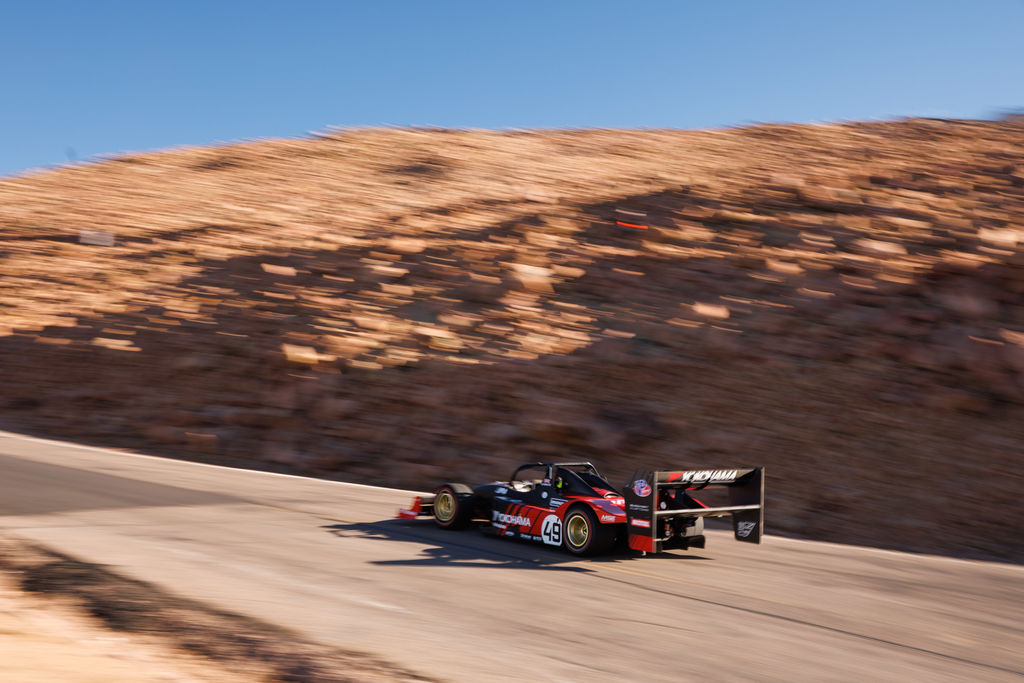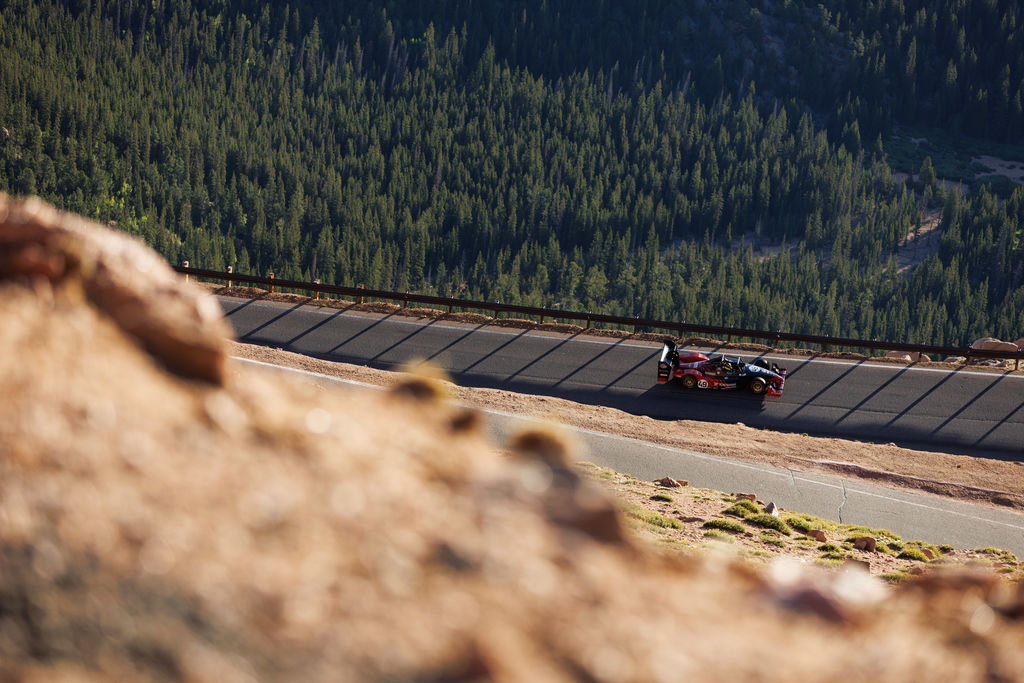The mountain is an incredibly harsh environment. There are a lot of variables and unknowns, so we rely on great products when things maybe don’t go so well or when we’re pushing things so hard. Motul gives us the confidence to push every single part of the car to the limit. The gearbox for instance, we’re running it above the recommended power and torque limits, and the engine was designed to produce around 250hp, and we can push 700hp out of it at sea level. The brakes, too, were originally intended for Formula Three cars with about 200hp. We’re just pushing everything to the limits for the most extreme roads in the world and able to succeed. The key is having great products in the car.















